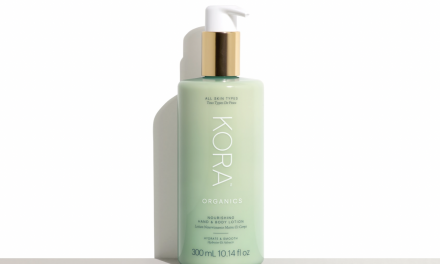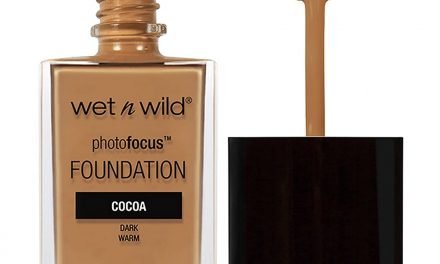
I was 74 years old, and I had just helped my husband to die. I stood alone at the end of the pier, as a frosty spray whipped across my face. It was four months after my husband had gone through a medically assisted death, and all I wanted to do was go with him.
It took the finality of his passing to make me look back and sort through the currents of my life, and the often-tumultuous journey I’d been on. I have always believed in the power of storytelling as a tool to soothe and heal our many wounds. And so, I began to write my memoir and tell my story.
Opening New Doors
Whether we write for ourselves, our families, or for a wider audience, it’s important to honour the paths we’ve been on. A memoir is usually a select group of stories that are linked together to create a picture of the author and what they have to say. To do this, we explore motivations and emotions that may not have been considered before. Above all, we need to see and acknowledge ourselves in all our glory and carbuncles, and that’s not always an easy thing to do.
For me, it also meant exploring areas that had been closed for discussion in my family for a long time – our Indigenous heritage.
10 Tips for Writing Your Memoir
- Be honest and dig deep for memories
- Select a theme for your stories
- Stay relevant to the main focus
- Write a dramatic opening
- Let your personality shine through
- Include humour, make them laugh
- Evoke emotion, let them get to know you
- Be vulnerable, show your warts
- Respect the privacy of others
- Refrain from exacting revenge
Discovering Long Buried Secrets
I grew up in an Indigenous Métis family in Ontario, Canada, circa 1950. Métis people are described as decedents of mixed blood between Indigenous and European parents. Back then, our Indigenous heritage was not discussed in our family. In fact, it was vehemently denied because of the social prejudice that came with being Indigenous. My father was Métis with Ojibwe roots, and my mother was French – and that’s what we were told we were as well. French.
We lived in a community close to several “Indian Reservations,” which was what they were called back then – a pejorative term in today’s world of more tolerance and understanding. My family did everything they could do disassociate us from “those people.” But as I grew up and went out into the world, I began to realize, “those people” were my people too.
Looking Back into the Shadows
When I started to write about my life, being Indigenous was something very far back in the shadows of my story. But the more I dug into who we were back then and how we lived, the more I came face to face with my own sense of denial, shame, and avoidance.
The more I researched, the more I realized who I was and why courage had eluded me for decades. I meandered through the years, lacking the confidence I needed to dream about the future I wanted. But how can we live to our full potential, if we don’t know who we are at our deepest level?
Bred in the Bone
During the writing of my story, I began to realize I’ve always had an Indigenous way of being. It’s who I was without putting a label on it: the food we ate, the storytelling circles, summer berry picking rituals and our love for big family picnics in Georgian Bay, where our Métis ancestors had been lighthouse keepers for generations.
With this new awareness, also came a better understanding of my lifetime fascination with collecting Ojibwe quill boxes, (made with porcupine quills, birch bark and sweetgrass), Indigenous art, and my strong connection to land and water. Without knowing why, these things quietly stirred my deeply rooted ancestral memories.
Introspection and a New Perspective
The biggest challenge in writing our life stories, can be immersing ourselves into the painful parts of our lives. We need to relive them so we can write about them in an honest way. My deep dives into the past gave way to many moments of introspection, as I looked back at those years through the eyes of a septuagenarian. It was like creating a picture in a puzzle. Each small piece fit together and made more sense now, with the others tucked in around it.
Why Write Our Stories?
Why indeed! Perhaps somewhere between the pages of our words, young women who haven’t yet faced life’s challenges, and older women who have, will find support through our shared experiences.
I’m also hopeful that by retelling my personal story, other Indigenous women will come forward and tell theirs. By speaking our truth out loud, we can honour the path we’ve been on and help to debunk the kinds of Indigenous stereotypes many of us grew up believing in. Our spirit voices need to be heard.
Finding Peace
In the end, most of us are just ordinary people doing the best we can. Sometimes, we fail and sometimes we stretch ourselves in extraordinary ways to find our way. I’m proud to tell you, that as a result of writing my new memoir, Swiftly Flowing Waters, I now self-identify as Métis and became an official Métis citizen in 2021. I’ve read that ‘healing is about peeling,’ and I guess it worked for me. At 79 years old, I’m finally at peace knowing and accepting who I am and where I’ve been.
Let’s Have a Conversation:
Do you have a story to tell? How unusual is it? What’s holding you back from writing it?





